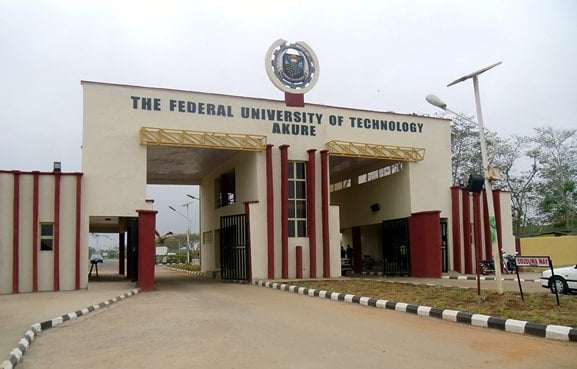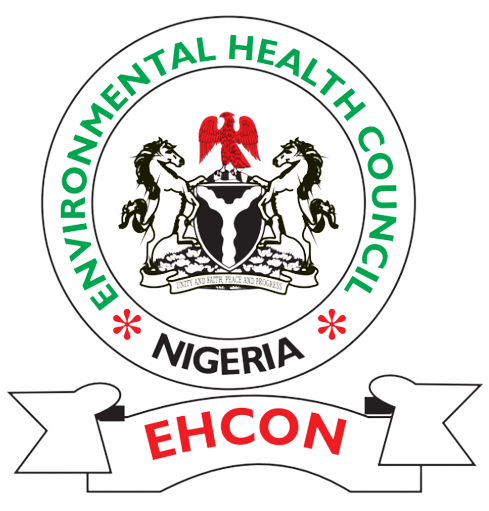Charcoal is more effective than modern toothpaste, says FUTA don


A Professor of Fibre Science and Colour Chemistry from the Federal University of Technology Akure (FUTA), Abayomi Adetuyi, has highlighted other valuable uses for charcoal beyond its common application in cooking.
According to Adetuyi, activated charcoal serves as an excellent purifier, beneficial for treating wastewater, the human body, and food products, among other uses.
Currently on sabbatical at Trinity University in Yaba, Lagos, Adetuyi presented these insights while delivering the university’s first public lecture series on Thursday.
The event was hosted by the Faculty of Basic, Medical, and Applied Sciences, where he spoke on “Activated Charcoal: An Adsorbent with a Difference for Wastewater Purification.”
Adetuyi explained that when processed in a controlled, oxygen-free environment, activated charcoal can be utilised for various purposes, including as a natural toothpaste.
Activated charcoal derived from materials like wood and nutshells, he claimed, “is better than most of the modern toothpaste in the market.”
Though some may view it as a traditional practice, he argued, “it is material in use for centuries,” adding that it can “make teeth very white, prevent mouth odour, and also keep teeth strong and healthy.”
He emphasised his own long-term use, noting, “it has no side effect,” as the carbon content is within safe, tolerable levels for the body.
While conventional charcoal used for cooking could also serve a similar purpose, Adetuyi explained, it lacks the effectiveness of activated charcoal processed with minimal oxygen exposure. For best results, he advised users of activated charcoal to “always drink plenty of clean water to flush down the body system” for overall health benefits.
“So, I will recommend that people should start using activated charcoal to brush their teeth as doing so would not only keep their teeth white and healthy but would also reduce their expenses on factory-made toothpaste, whose prices continue to increase every other day,” he advised.
Adetuyi also advocated for the use of activated charcoal to purify water contaminated by waste from human activities, including body waste, food residue, oils, detergent, and industrial chemicals. He warned that untreated wastewater reaching rivers and seas could harm biodiversity, aquatic ecosystems, and downstream users, contributing to health issues, citing recent cholera outbreaks as an example.
In her opening address, Acting Dean of the Faculty of Basic, Medical, and Applied Sciences, Dr. Modupe Adetunji, noted that the lecture series aligns with the faculty’s commitment to fostering scientific discoveries that support sustainable national development.
She praised Adetuyi’s contribution, expressing hope that the knowledge shared would benefit the academic community and relevant industries.
The vice chancellor of the university, Professor Kolawole Clement, expressed gratitude to the lecturer, calling the discussion “a great eye-opener” for participants.
He acknowledged the lecture’s role in uncovering the significant potential of activated charcoal and suggested the university could leverage this knowledge to create societal value.
Clement also announced plans to extend similar opportunities to other faculties in the future, aiming to make the lecture series an annual event.







